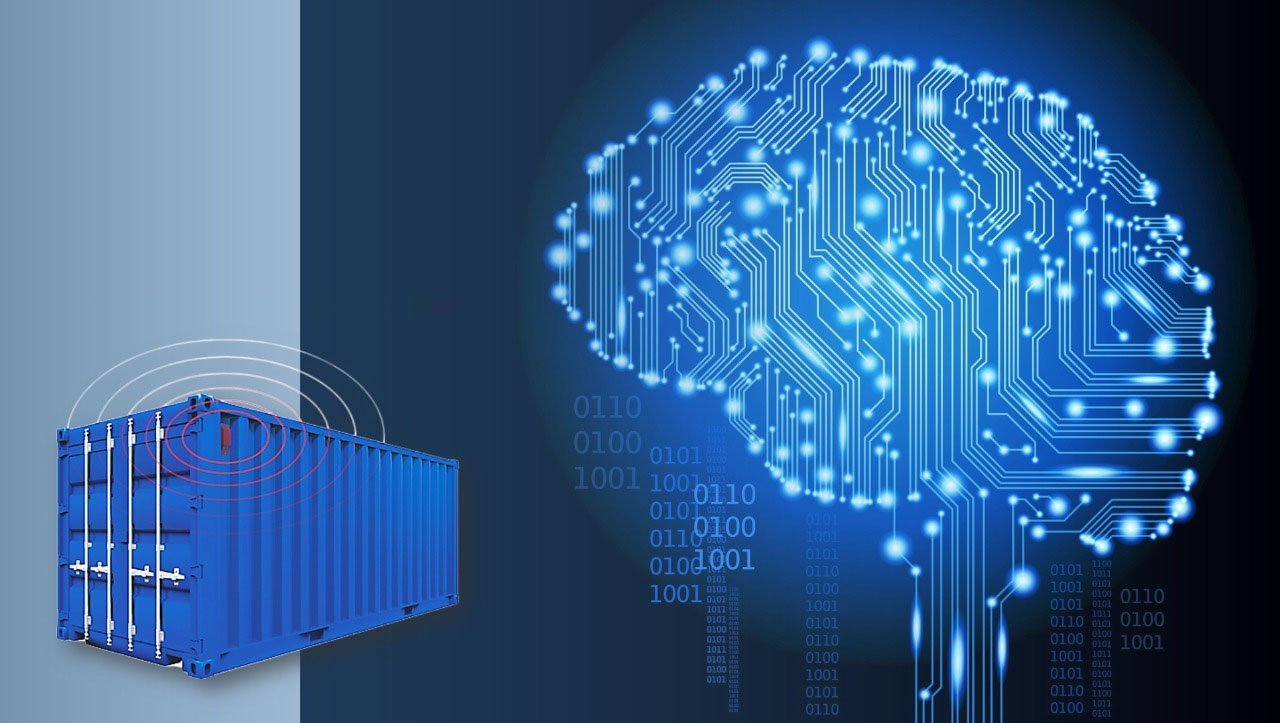The current conduct in the shipping industry consists of numerous drawbacks which indicate an immediate need for change. For example, most shipping containers are still tracked by hand and visual confirmation by a human. There is still a lack of proper logistics management, supply chain visibility systems, smart containers and many essential requirements in several shipping companies.
The Suez Canal incident was an eye-opener for the people. This black swan incident exposed the incompetence of the management system at the cost of $54 billion (approximately) and this is just the tip of the iceberg. Many such incidents occur at a smaller level which does not get highlighted but cost similar when compounded.
IoT Technology
Internet of Things (IoT) has already become one of the most important technologies of the 21st century. There are already 10 billion IoT devices connected at the current time, and experts estimate this number to rise to 22 billion by 2025.
Industrial IoT is estimated to be the fourth wave of the Industrial Revolution. The shipping industry must capitalize on this and make its system fully automated.
Industrial IoT can be used for:
- Smart manufacture
- Connection and Observation of assets
- Preventive and predictive maintenance of goods
- Smart power grids
- Connected logistics
- Smart digital supply chains
Many other industries have already switched to IoT technology completely. The automotive industry is using IoT technology for the design, development, manufacturing, marketing, and selling of motor vehicles. Besides this, manufacturing, retail, healthcare and many other prominent industries are making a shift to IoT technology.
Advantages of IoT in the Shipping Industry
New chipsets, transmission conventions, long-life batteries, AI, blockchain and Internet of Things (IoT), along with API’s and EDI’s, can enormously simplify the supply chain and make it more secure. It will decrease the measure of paperwork and provide a holistic, real-time view of the entire supply chain to the company.
Application of IoT in the shipping industry would solve these high-priority issues:
- Operational and Capital Cost – IoT solutions like portability, resource following, ship capacity automation, berthing and stacking analytics, smart metering and insights about the ecosystem enormously decrease (or wipe out) human error while expanding efficiency, productivity, and cost reduction.
- Cargo Location – IoT enables end to end real-time tracking and monitoring of the cargo. It allows the transport company or the clients to track and monitor the asset right after dispatch till it is delivered.
- Condition of the Cargo – Along with real-time location, it also provides other useful information about the goods like temperature, humidity, velocity, altitude, light, etc. IoT technology enables an event triggered alert system along with the data when the asset is altered. This will validate delivery terms are met and simplify any disputes and settlements.
Loginno provides security, tracking and monitoring solutions for shipping containers. Loginno’s main offering is to enable shipping companies to become digital shipping companies, which is a necessary step to create Contopia (B2B) – a global internet-of-shipping container infrastructure utopia, the values of which go well beyond RoI for the shipping company, but an actual digital transformation of the container industry, with a potentially disruptive effect.
